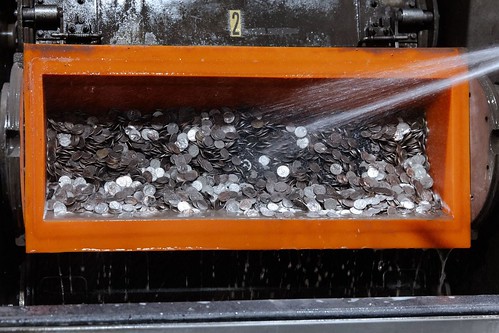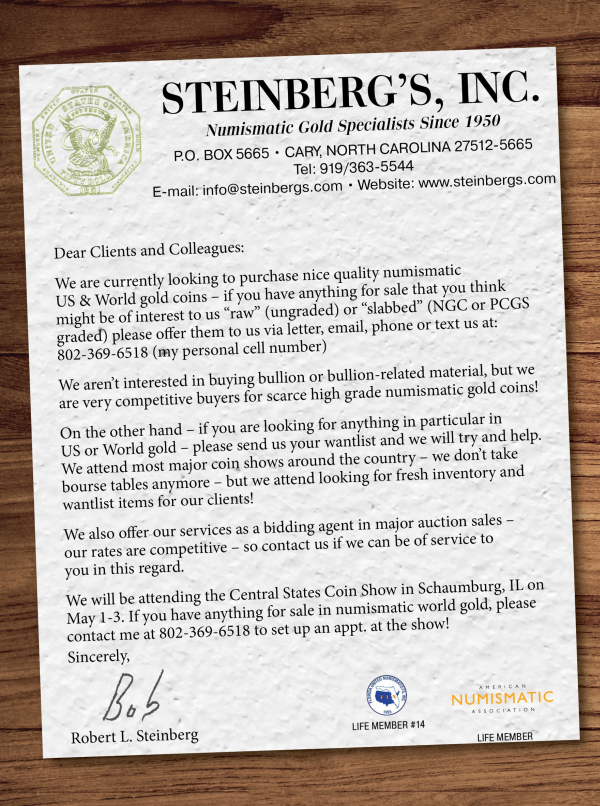
PREV ARTICLE
NEXT ARTICLE
FULL ISSUE
PREV FULL ISSUE
COLLECTING COINS FROM TRASHPaul Horner passed along this Wall Street Journal article about how waste processing companies recover millions of dollars worth of coins from trash. Thanks also to Justin Perrault, Dave Perkins and Len Augsburger. Great story. When you look in enough old couch cushions, the finds add up. -Editor
Americans toss as much as $68 million worth of change each year, according to Reworld. The sustainable-waste processing company is on a treasure-hunt to find it. The company says that in the seven years since it started th Coins are as good as junk for many Americans. Buses, laundromats, toll booths and parking meters now take credit and debit cards and mobile payments. Using any form of physical currency has become more of an annoyance, but change is often more trouble than it is worth to carry around. The U.S. quarter had roughly the buying power in 1980 that a dollar has today.
At airport checkpoints, the Transportation Security Administration collects hundreds of thousands of dollars worth of them each year. Coins are left in couch cushions or cars, then sucked into vacuums and sent to landfills, said Dominic Rossi, Reworld's director of finance and business support. Reworld started collecting change in 2017 after noticing more of it in the trash. The company recovers 550,000 tons of metals annually, including soda cans, old pipes, keys and silverware. On a recent Monday, a bucket loader lifted trash from its waste facilities into various sorting machines. A rattling gray one separated out anything that was the color of a coin. Another one separated anything round and flat, like a coin. And another machine separated heavier metals like coins from lighter metals like aluminum. It took 35 minutes to clean what the machines spat out. Then, squeaky clean coins were spread out on an iron rack to dry. They were still mixed in with euro cents, coins from Kuwait and D.C. metro tokens. In a trailer, human checkers wearing gloves sorted through buckets of this material, separating the good coins from everything else. Reworld gathers anywhere from $500,000 to $1 million in coins a year, which it turns over to a third party to count and deposit to local banks.
To read the complete article, see:
Wayne Homren, Editor The Numismatic Bibliomania Society is a non-profit organization promoting numismatic literature. See our web site at coinbooks.org. To submit items for publication in The E-Sylum, write to the Editor at this address: whomren@gmail.com To subscribe go to: https://my.binhost.com/lists/listinfo/esylum All Rights Reserved. NBS Home Page Contact the NBS webmaster 
|


